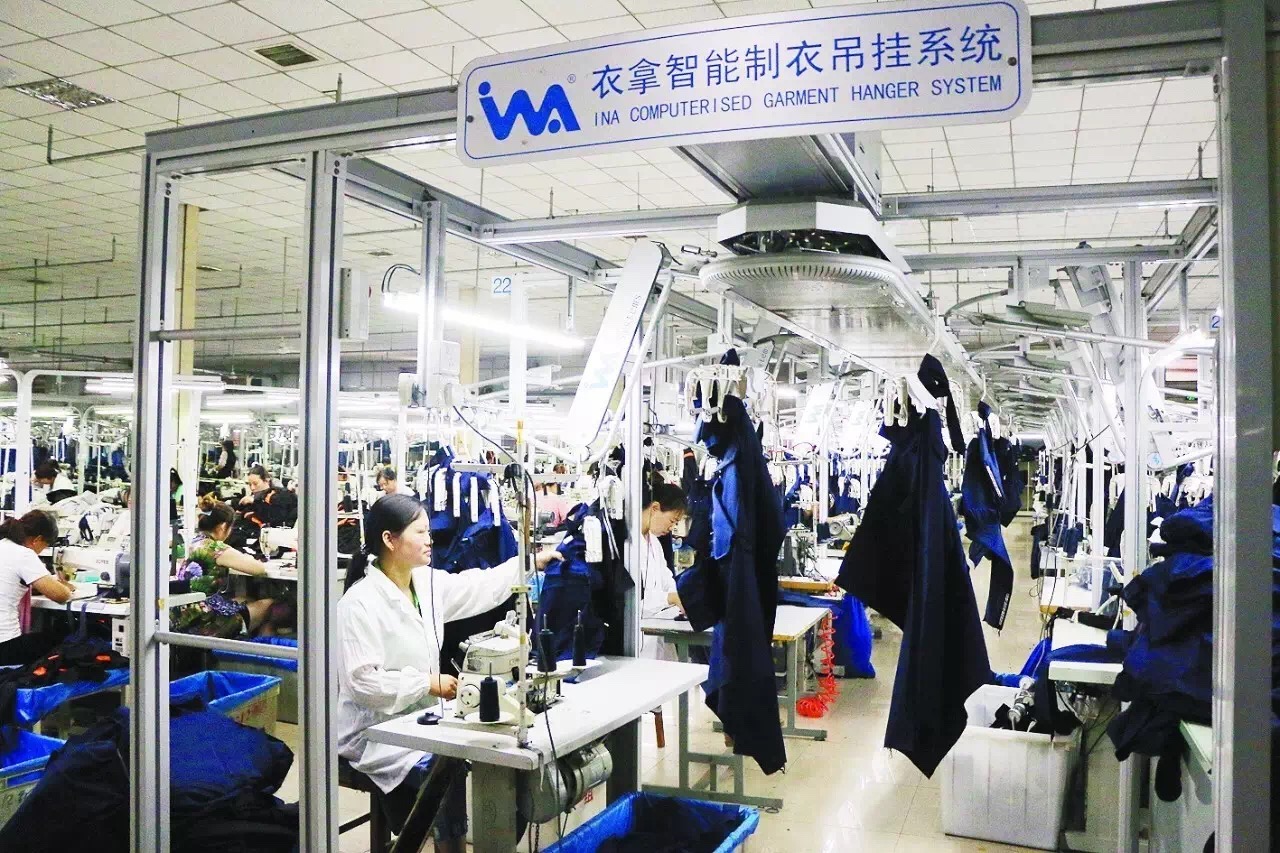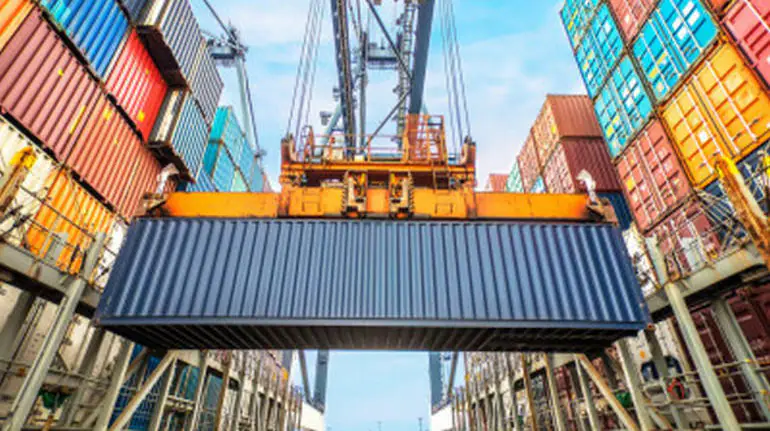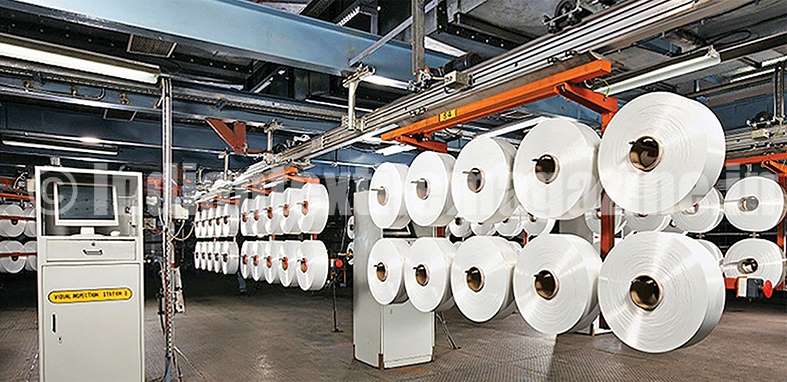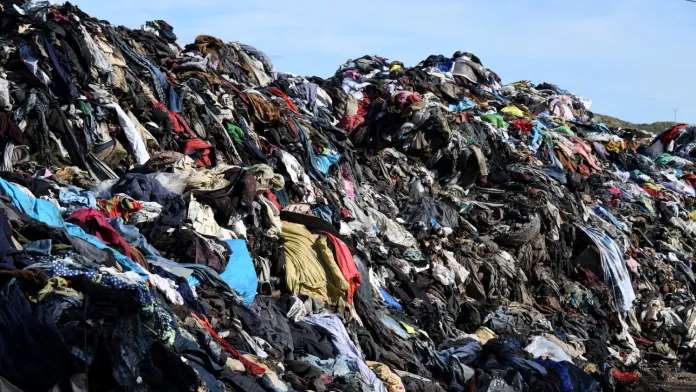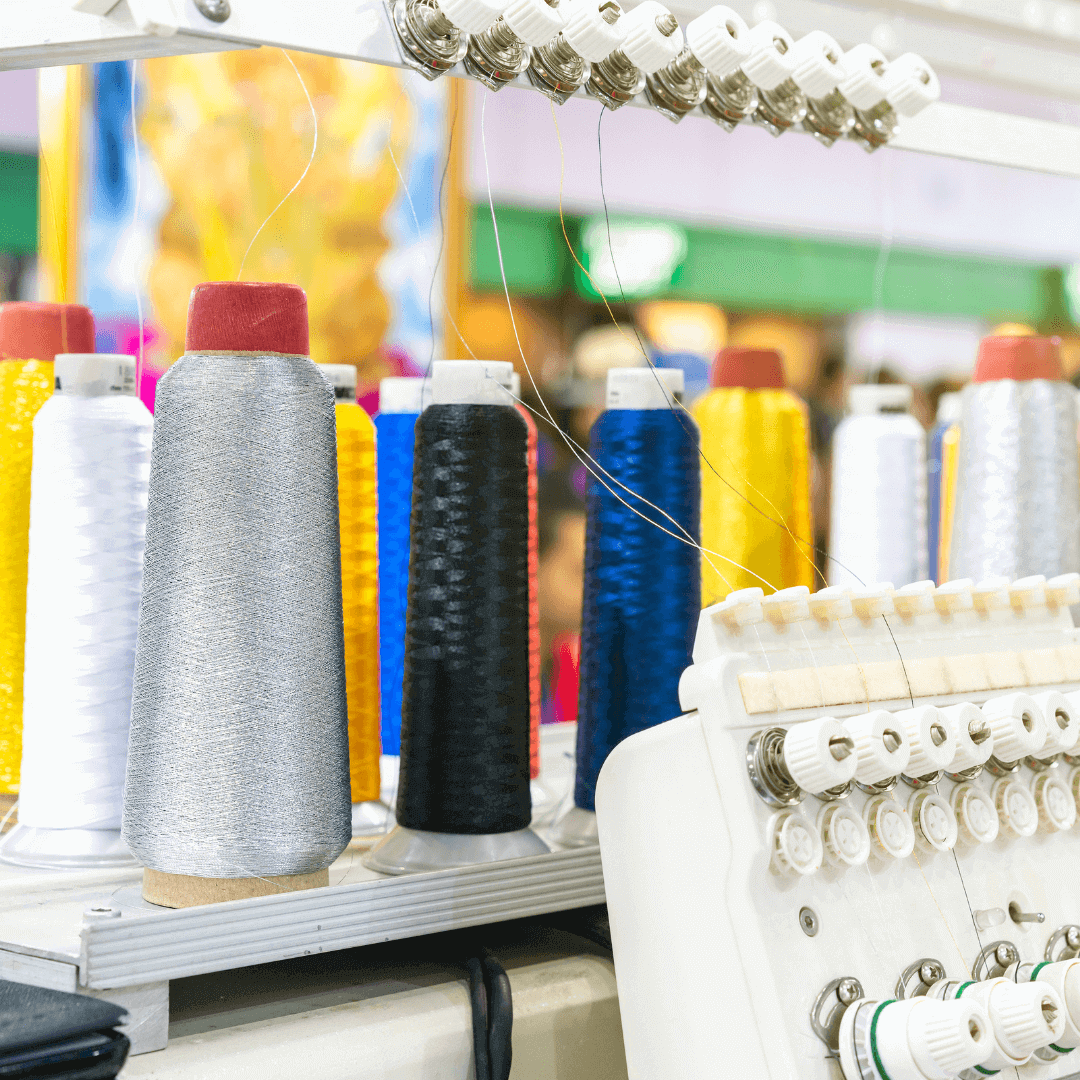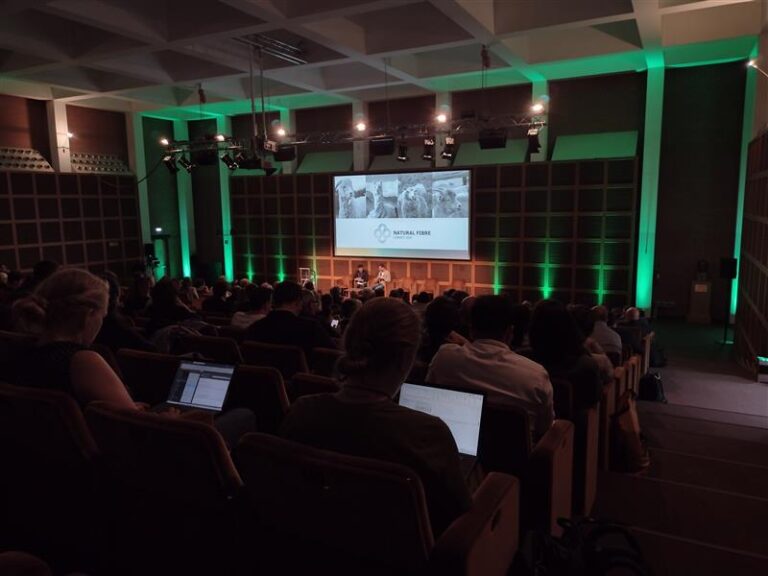FW
French fashion institute, The Institut Français de la Mode (IFM) and the textile and apparel trade show organiser Première Vision have joined hands to announce announced the joint creation of a professorship, lasting a minimum of three years, on the economics of fashion and creative subjects.
The professorship will be launched on January 1, 2016, with the mission of gathering international economic data on the textile and leather industry, as well as setting up new tools aimed at improving the information available to industry players. The activity will focus on specific studies, on the promotion of research on creative subjects and on reinforcing Première Vision's initiatives targeted at young designers and future managers.
According to Première Vision, the objective of this collaboration is to foster the skills represented in its shows, thanks to improved access to economic and industry data, and also through ad hoc research carried out jointly with IFM, allowing a better understanding of the industry's challenges and its evolution.
Première Vision organises textile trade shows in Paris, New York and Istanbul, as well as in Shanghai and Seoul, and also a specific denim event in Barcelona.
www.premierevision.com
The recent edition of Performance Days concluded in Munich, Germany with a considerable rise in exhibitors and. The trade fair for functional fabrics and accessories saw 136 companies from 22 countries exhibiting their latest offerings to 1,270 visitors from 31 countries, with 53per cent from Europe, USA, Asia, and the rest of the world, and 47 per cent from Germany.
In November 2015, everything revolved around the theme of functional reinterpretation of the ‘athleisure’ trend, which captivated visitors with extensive and detailed technical information. The functional athleisure fabrics were displayed on a separate forum table and the related background info about the fibres and blends for athleisure was also exhibited at the Performance Gate. Additionally, the lectures and panel discussions presented the big picture - from styling to processing to added value in the fibres and fabrics and even the functional range of the athleisure materials and collections.
The unique fabrics from the winner of the Eco Performance Award further supported this trend. The China-based company Flocus has managed to produce fabric from the natural functional fibre Kapok for the first time ever. Fabrics made from natural Kapok fibres exhibit good characteristics relative to moisture management, climate control, odour management and thermal retention. The plant is a renewable resource that does not compete with food production in its cultivation. Kapok can even be grown on a barren wasteland, unfit for agricultural use.
Two other focus subjects included insulation and reflective materials. PrimaLoft, Thermore, and Lavalan (Baur Vliesstoffe) were among the manufacturers of insulation that explained the new developments that were presented at the Performance Wall. This is also where the latest developments in the field of reflective materials were on display - new reflective fibres, new kinds of reflective prints and new, stylish and comfortable fabrics. In-depth information on the functioning of reflective fabrics was provided by industry journalist Sophie Bramel during the panel discussion on this subject.
The next Performance Days event will be held on April 20, 21, 2016.
www.performancedays.eu
After China, India is the second largest textile production hub and it an important market for Neuenhauser, which has already complete almost 20 projects involving automation of spinning plants in India.
Last year, the company implemented its largest order to date from the country for roving bobbin and package transport systems with palletisation, from textile major - Welspun. This, one of the largest modern ring spinning mills in the world is completely automated.
Citing rising demand for automation in the spinning industry, Neuenhauser developed the world’s first fully automated handling system, called ‘AutoFlow’, way back in 1985. Over time, the company has succeeded in developing other automated handling systems for the textile industry, including not only devices for removing BCF bobbins from the spinning or winding machines, but also for overhead transport, intermediate storage and automatic packaging of the bobbins, now supporting and monitoring the entire manufacturing process.
Automation systems by Neuenhauser not only help the companies in improving quality of their products but automated handling systems also provides a safe, high-performance product flow through the entire plant configuration, or better use of factory space through compact machines and systems. They also help to maintain a clean, tidy and efficient manufacturing environment and a safe, ergonomically less burdensome workflow.
At ITMA, Milan recently, the company showcased it new automation solutions for the automatic collection of packages from spinning machines and for palletising and packaging.
www.neuenhauser.de
At ITMA 2015 international exhibition of textile machinery exhibition held in Milan recently, Groz-Beckert, the leading provider of industrial machine needles, welcomed more than 10,000 guests from 85 countries at its stand. During the seven days of the event, the exhibition hosted about 123,000 visitors from 147 countries overall.
Most visitors interested in the company’s expertise were from Italy (11.5 percent), India (10.2 percent), Turkey (10.1 percent) and Germany (9.5 percent). Innovative solutions that enable sustainable development was ITMA’s focus this year. Groz-Beckert presented itself under the motto ‘Living in a Textile World’ taking visitors on a journey through the textile worlds of the company. Through exhibits and video clips, Groz-Beckert demonstrated that by choosing and using intelligent products it is possible to save resources and have improvement in productivity simultaneously. The focus was on customer benefits.
Groz-Beckert chose realistic seeming textile machinery made of acrylic glass for product presentation for the fields of knitting, weaving, felting, tufting, carding and sewing, alongside video clips.
Groz-Beckert also presented a completely new booth concept and a new corporate design at ITMA this year apart from product innovations and new developments.
Eliminating the need for a two-part print and bake process, MTEX unveiled two direct to textile pigment printers with inline heat fixation. Besides it also launched the MTEX Pad for pre and post treatment of digitally printed fabrics. Both were unveiled at ITMA this year.
MTEX Vision for stretched and woven fabrics with pigment inks and inline heat fixation and the MTEX Blue for woven fabrics with pigment inks and inline heat fixation was what the two new printers were about. The MTEX Vision has an adhesive belt that allows stretched fabrics to be printed digitally with precision and colour consistency and the MTEX Blue is a low cost market entry option for woven fabrics only.
MTEX in a statement mentioned that MTEX's engineers have developed a patented inline heat polymerisation system while working closely with Mimaki, their worldwide OEM partner.
MTEX new system fixes pigment dyes to the fabric, which traditionally has been a two-part process, it further stated. In the textile and fashion industry, pigment printers are particularly popular as pigment inks can print onto virtually any type of fabric including cottons and linens. The company added that heat fixation is an essential part of the pigment printing process. This either needs to be brought in-house with additional machinery or outsourced which means spending more money.
MTEX has addressed and brought a solution to a problem that has been plaguing the industry for many years in an all-in-one affordable digital pigment printing solution, by bringing the two processes together.
Nearly 109 students from the Skilled Tailoring Institute by Raymond (STIR) in Lucknow have successfully completed a tailoring course under the Uttar Pradesh Skill Development Mission. Most students have also bagged jobs in the textile sector followed by Raymond Shops, MBOs and tailor shops/boutiques. In the next five years, Raymond plans to launch 20 more centres across the country in a phased manner. The company also plans to train more than 10,000 students in future. STIR, which is a social initiative from the company, offers tailoring courses for marginalised and unemployed youth and women of the state, to provide them with employment/self-employment opportunities. Besides, for better customer interface, every student goes through a soft skill development training within the institute.
Surendra Singh Mission Director of UP Skill Development Mission says they always believed in offering employability linked skill development training programmes in tailoring through their social initiative in the country, STIR. He added that they were looking forward to facilitate free training to more students through this initiative in UP and the state government was supporting it as well.
"In 2014-15 textile exports rose to $13.8 billion which pushed up Pakistan’s total exports to more than $24 billion. Top global brands like Levi’s, GAP, Nike, Adidas, Jordache, Diesel, Polo to name a few are sourcing from the country. Pakistan’s lawn, bed linen and denim fabric have made a name worldwide."
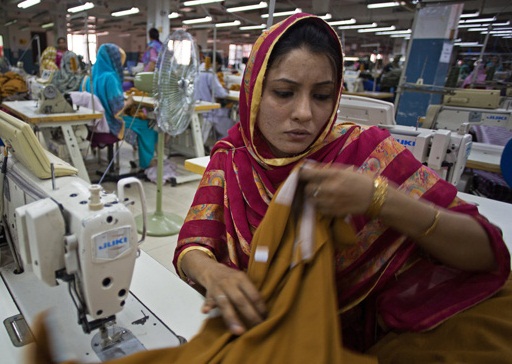
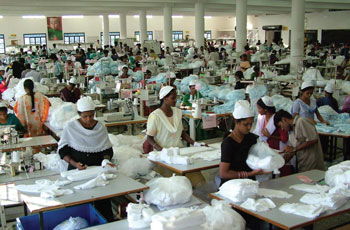
Pakistan’s total production of cloth (mill and non-mill sector) rose from 8,524 billion sq. mt. in 2005-06 to 11,850 billion sq. mt. in 2014-15. The total fabric production of non-mill loom sector is more than 90 per cent. Thus, weaving capacity continues to enjoy a predominant position. Setting up of shuttle-less weaving machines has resulted in high growth of fabric production. The largest consumer of cotton yarn is supposed to be shuttle-less weaving sector, while the non-mill weaving sector contributes to exports by producing low quality sheeting fabrics.
Instead of making efforts to develop and modernise the weaving sector, the organised sector shifted to cotton spinning. Production of cotton fabrics in mill-sector increased from 915 million sq. mt in 2005-06 to 1,036 million sq. mt. in 2014-15, an average increase of 2 per cent per year.
There are about 700 textile processing mills in Pakistan and All Pakistan Processing Mills Association (APTMA) represents the organised finishing sector. The entire value chain from yarn to garments is covered by many of these mills, which are integrated units. These mills belong to different subsectors such as towels, bed linen, denim, knitted fabrics, and garments. The unorganised sector, with second hand machinery working under basic conditions, has more than 50 per cent of the total processing companies. These mills are spread all over Pakistan but a large number of them are in the Faisalabad area. They face issues of power availability.
Exports on the rise
Since 1990, exports of finished textiles have been growing. However, the industry has been shaken by trade restrictions based on environmental considerations in recent years. Due to lack of compliance with certain legislations in importing countries, certain exporters in the country have faced cancellation of orders.
Pakistan’s value-added textile products exports rose 7.5 per cent to touch $4.517 billion in 2014-15. Exports of readymade garments grew 10.5 per cent to reach $2.10 billion, and of knitwear raised 5.37 per cent to $2.42 billion compared to $2.29 billion during the previous year. Since many of the countries that enjoy the GSP status are not expected to fall in the GSP Plus group, Pakistan is in a position to export more to the EU on low duties.
In 2014-15 textile exports rose to $13.8 billion which pushed up Pakistan’s total exports to more than $24 billion. Top global brands like Levi’s, GAP, Nike, Adidas, Jordache, Diesel, Polo to name a few are sourcing from the country. Pakistan’s lawn, bed linen and denim fabric have made a name worldwide.
Brussels-based CIRFS the association representing European man-made fibres industry, European Man-made Fibres Association recently announced the publication of its latest statistical report on developments in the world man-made fibres industry. This is the 51st edition of the report and it gathers data on production of acrylic, cellulosic, polyamide, polyester, polypropylene, wool and cotton, across the globe as a whole and in all the countries for which data exists, consumption and uses, and world trade in man-made fibres, yarns and fabrics.
Frédéric VAN HOUTE, Director-General, CIRFS while speaking about the report said that it shows continued and solid growth of the world’s man-made fibres industry while cotton and wool shares continue to decrease. It confirms the strength of global production of man-made fibres, and their dominant share in world demand for fibres, he said. In 2014, MMF represented 71 percent of all textile fibres produced worldwide; the percentage going up to 79 percent in Europe, he added.
Elaborating on how well man-made fibres have done in the past decade, VAN HOUTE stated that the share of man-made fibres in global fibre production grew from 59 per cent to 71 percent and Europe remains the world’s second largest producer of man-made fibres after China. It is the world’s largest exporter of acrylic and cellulosic fibres, and the biggest producer of ultra-high strength fibres and of polypropylene fibres, he mentioned.
He also said that the European man-made fibres industry is the largest supplier of raw materials to the continent’s textile industry. He believes that every producer and user of man-made fibres, governments, financial and economic actors, investors and consultants can benefit from the best possible information about industry trends and market size through CIRFS.
Dekko has achieved 9.07 percent fabric saving with its flagship product, intelloCut. This is ThreadSol Softwares, pioneer enterprise material management solutions for sewn product industry. By using effective concepts of fabric utilisation packaged in advance technology, and thereby boosting profits in a click, IntelloCut gives manufacturers the edge to reduce material wastage. ThreadSol has been successful in saving fabric cost for more than 70 factories in eight geographies. Big names such as Kenpark, Regency, Aman Graphics and Pacific Jeans have already adopted ThreadSol’s solutions within six months of operation in the Bangladesh apparel market.
Dekko’s owner Kalpan, was impressed by the reports and said that while fabric saving was the highlight, it was ThreadSol’s overall approach to streamline processes and to generate automated reports on the phone, which made a difference for them. The impressive fabric saving of 9.07 percent in the first two weeks, deeply instilled their belief in the product, he added.
ThreadSol uses smartphone and tablet applications to seamlessly integrate with manufacturers, keeping in step with the evolving times of technology. Besides, Dekko not only saved fabric but also significantly reduced process loss through IntelloCut’s feedback tablet application.
ThreadSol’s two products IntelloCut and IntelloBuy offer complete Enterprise Material Management through which manufacturers save fabric cost and boost their top line by 50 percent.
Despite enjoying GSP+ status to the EU, textile exports from Pakistan decline, except the towel and readymade garments reporting a growth of just 4.17 per cent ($10.712 million) and 4.10 per cent ($26.8 million), respectively in July-October 2015/16.
Cumulative textile exports, in the second quarter of this financial year declined by 7 percent or $316 million to $4.271 billion from $4.587 billion in the same period last fiscal year, Pakistan Bureau of Statistics (PBS) said. Quantity of towel export also mounted by 7.07 per cent or 3, 758 metric tons to 56,948 metric tons in July-October 2015/16 from 53,190 metric tons in the same period last fiscal year. Readymade garments export, in term of volume, however declined by 7.24 per cent or 3, 071,000 dozens to 6,948,000 dozens from 10,019,000 dozens, the PBS shows.
Bed-wear export declined by 8.02 per cent or $58.773 million to $674.567 million from $733.340 million and volume by 8 per cent or 28, 743 metric tons to 104,889 metric tons from 133,632 metric tons. Knitwear exports dipped by 2.16 per cent or $18.079 million to $820.299 million from $838.378 million, and, in term of quantity, by 3 per cent or 1,018,000 dozens to 36,289,000 dozens from 35,271,000 dozens. Export of cotton cloth slumped by 9 per cent or $73.373 million to $761.813 million from $835.186 million, and volume by 8 per cent or 52, 523metric square meters to 619,252 square meters from 671,775 square meters.
Cotton yarn export declined by 21.04 per cent or $134.322 million to $504.209 million from $638.531 million and quantity by 14.37 per cent or 3, 2248 metric tons to 192,193 metric tons from 224,441 metric tons. Exports of raw cotton by 10.21 per cent down, cotton carded or combed by 98 per cent, yarn other than cotton yarn by 23 per cent, tents, canvas and tarpaulin by 49 per cent, art, silk and synthetic textile by 20 per cent, made-up articles by 0.17 per cent and other textile goods by 2.16 per cent respectively.
www.pbs.gov.pk

